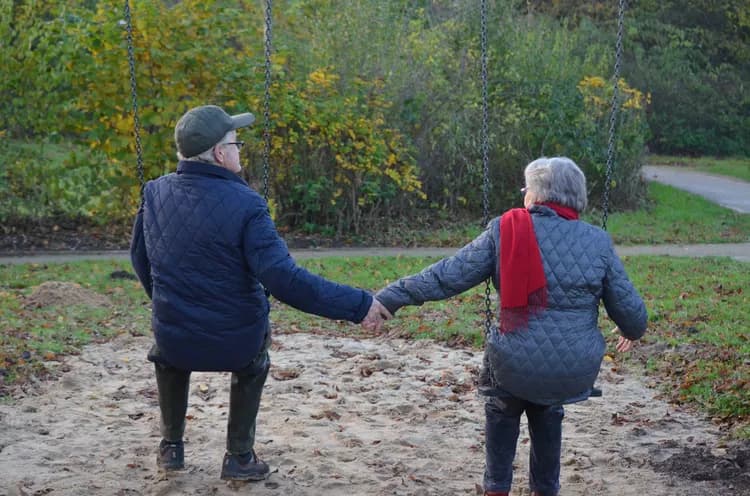Exercise in older people is associated with a slower rate of decline in thinking skills that occurs with aging. People who reported light to no exercise experienced a decline equal to 10 more years of aging as compared to people who reported moderate to intense exercise, according to a population-based observational study published in the March 23, 2016, online issue ofNeurology®, the medical journal of the American Academy of Neurology.
"The number of people over the age of 65 in the United States is on the rise, meaning the public health burden of thinking and memory problems will likely grow," said study author Clinton B. Wright, MD, MS, of the University of Miami in Miami, Fla., and member of the American Academy of Neurology. "Our study showed that for older people, getting regular exercise may be protective, helping them keep their cognitive abilities longer."
For the study, researchers looked at data on 876 people enrolled in the Northern Manhattan Study who were asked how long and how often they exercised during the two weeks prior to that date. An average of seven years later, each person was given tests of memory and thinking skills and a brain MRI, and five years after that they took the memory and thinking tests again.
Of the group, 90 percent reported light exercise or no exercise. Light exercise could include activities such as walking and yoga. They were placed in the low activity group. The remaining 10 percent reported moderate to high intensity exercise, which could include activities such as running, aerobics, or calisthenics. They were placed in the high activity group.
When looking at people who had no signs of memory and thinking problems at the start of the study, researchers found that those reporting low activity levels showed a greater decline over five years compared to those with high activity levels on tests of how fast they could perform simple tasks and how many words they could remember from a list. The difference was equal to that of 10 years of aging. The difference also remained after researchers adjusted for other factors that could affect brain health, such as smoking, alcohol use, high blood pressure and body mass index.
"Physical activity is an attractive option to reduce the burden of cognitive impairment in public health because it is low cost and doesn't interfere with medications," said Wright. "Our results suggest that moderate to intense exercise may help older people delay aging of the brain, but more research from randomized clinical trials comparing exercise programs to more sedentary activity is needed to confirm these results."
The above post is reprinted from materials provided by American Academy of Neurology. Note: Materials may be edited for content and length.
Disclaimer: DoveMed is not responsible for the adapted accuracy of news releases posted to DoveMed by contributing universities and institutions.
Primary Resource:
Willey, J. Z., Gardener, H., Caunca, M. R., Moon, Y. P., Dong, C., Cheung, Y. K., ... & Wright, C. B. (2016). Leisure-time physical activity associates with cognitive decline The Northern Manhattan Study. Neurology, 10-1212.
Related Articles
Test Your Knowledge
Asked by users
Related Centers
Related Specialties
Related Physicians
Related Procedures
Related Resources
Join DoveHubs
and connect with fellow professionals


0 Comments
Please log in to post a comment.